Moderator’s remarks
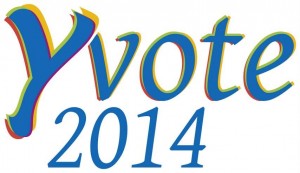 European Parliament election is quickly approaching. On May 22nd till 25th, 2014 European citizens will cast their vote to decide about their representation in the European Parliament. Direct election into the European Parliament was firstly launched in 1979 and since then every European citizen have a right to vote in these elections.
European Parliament election is quickly approaching. On May 22nd till 25th, 2014 European citizens will cast their vote to decide about their representation in the European Parliament. Direct election into the European Parliament was firstly launched in 1979 and since then every European citizen have a right to vote in these elections.
AEGEEDebate is very happy to cooperate with Y Vote 2014 project in this debate. Some time ago, the project published the article about the rules of European elections and differences among Member states. Here you can find the article.
So, what is the problem and why is it worthy to hold the debate about the topic? There is one paradox in the EU constituency. Since 1979 there have been single European elections, but the rules of the elections are in competences of nation states. This caused the national character of European elections. In fact, the only relevant similarity is the format of elections – proportional election system. Other relevant characteristics of election are different – the nature of list of candidates, election thresholds or the size of national constituency. The question, therefore, is if we really need one pan-European elections or current system produces sufficient results in the representation of the European parliament.
To solve this problem, AEGEEDebate invites two talented speakers into the debate. Armenak, Policy Officer of AEGEE-Europe on European Integration, argues that right to vote should be consistent and same for every European citizen, thus granting their equal opportunities within Member states and that real pan-European election empowers the democratic process of the EU. On the other hand, Wieke, from AEGEE-Leuven, counters with the argument that harmonization of rules into European elections does not influence the representation of the European Parliament. She refutes the importance of age harmonization and calls for stronger role of media and link between the Parliament and the European Commission Presidency. Both speakers have presented their points. Now it is up to you to decide who has got more persuasive points. Feel free to vote below the opinions and comment your thoughts about the debate.
Affirmative speaker: Armenak Minasyants (AEGEE-Yerevan)
Opposition speaker: Wieke van der Kroef (AEGEE-Leuven)
Moderator of the debate: Ivan Bielik
Defending the motion
Armenak Minasyants, member of AEGEE-Yerevan; Policy Officer for European Neighbourhood Policy.
The EU has achieved numerous achievements in the fields of good governance, democracy, rule of law, protection of fundamental rights and freedoms, economic competitiveness and joint monetary union; however we still witness the differences between the national rules and procedures on the participation in the EP elections, which directly harm the EU citizen’s right to vote. In the modern world the individuals’ right to vote and participate in the democratic processes is considered to be one of the biggest cornerstones of our societies.
With no debate, by its legal essence, the right to vote is a right and not a privilege. Meanwhile, in my belief the right to vote is not an absolute – conditions can be imposed as long as they pursue a legitimate and constitutional aim, are proportionate and do not damage the other political and civil rights of the citizens. The conditions for limitation of the right to vote may be set on such criteria as minimum age requirements and, in some circumstances, residency, but such restrictions cannot impair the very essence of the right to vote.
Each EU member state is allowed to develop its legislation and policy in this field, which in my belief is strongly putting in danger the idea of the general pan-European elections itself. The EP elections are a unique possibility for the EU citizens to cast their votes in favor of the European project, to have their say in the ongoing political debates, however in several cases the EU citizens are simply deprived of their possibility to exercise their right to vote and become an integral part of the democratic process. The electoral codes towards the participation in the EP elections are different from the EU member state to state but their main emphasize and aim is to allow the EU citizens to vote and accordingly elect a single European legislative body.
After reading the last 4 words of the previous sentence, a common reader may directly get confused: why the EU citizens should vote for one common legislative body with 28 different legislations and prescribed electoral procedures? The equality between the counterparts is one of the key principles of the EU in its external global policy. However, the idea of equality and solidarity is based first of all on the principle of equality of opportunities of the citizens. In this context the common and harmonized rules on participation in the EP elections seem to be not only logical, but as well as quite grounded from the legal point. Additionally, the harmonized rules may give an additional boost to the elections turmoil, as the EU citizens will be granted with the same identical rights, no matter of their national citizenship or any other criteria.
In complex, I fully support the respective debate’s motion and express sincere hope that the national rules on the participation in EP elections would be harmonized within Member states of the EU in the nearest future.
Opposing the motion
Wieke van der Kroef, member of AEGEE-Leuven; Projects & Working Groups Editor of the AEGEEan Magazine.
There are differences in rules for participation in the European elections, because the elections follow national procedures similar to other elections within Member States. I will explain why it is unnecessary to focus on harmonizing these rules and how it could even further endanger representativeness of the European Parliament.
First of all, why would we need a harmonisation of national rules on participation within the European Union? If it is to increase voter turnout, there are many different ways to do this that have proven positive results.
Because let’s not forget that the most important difference in those who vote and those who don’t vote is not age, but education. So maybe we need to look at education and people’s understanding of European politics instead of rules on participation. As a young ex-Brazilian explained he learned more about the EU during school in Brazil than in the Netherlands.
Another important factor for voter turnout is the influence and decision-making powers of the EP as well as ensuring that people know European leaders. Therefore the media have an important role in the communication on issues that are important on the European level (instead of continuing to focus only on national debates). And let’s not forget the most efficient way to increase turnout: make voting compulsory.
In any case, the clear appointment of candidates for the Commission Presidency by the European parties and the debates between them are an improvement in these elections. And we can conclude that there are many ways to increase voter turnout and changing the age at which people are able to be elected is not necessarily one of them.
But what about the representation of young people? Don’t we need someone in Parliament who is young if we want to be sure that we are represented? Well… No, not really.
It is not because someone is young that (s)he can better represent your point of view. Slavery was abolished without black people in Parliament and universal suffrage was also accepted without the poor and the workers, the women or black people in Parliament.
So we do not need young people in Parliament, but we do need ways to get our issues on the agenda! But there are other, better ways to influence policy than voting. Like –for example- a requirement for the EU to ask the European Youth Council for input on all policy that concerns youth. This would be so much more effective to get our needs discussed than having a couple of young people split between different European fractions in the EP.
But what about equal rights for EU citizens? Let’s look at the differences and how harmonization will influence the current situation. The only country where you are allowed to vote at 16 is Austria. So realistically, a harmonisation of national rules will lead to an increase in voting age in Austria and not a decrease in the other 27 member states.
The age of running for elections is split almost 50/50 between states that have a minimum at 18 and those who set it higher. So this will lead to endless discussions and if the Parliament and Member States find agreement, it will again be at an age above 18.
Now, let’s conclude, in order to raise voter turnout there are a lot more useful and feasible ways to do this than harmonizing national rules on participation in EP elections. People can be represented by others who are not similar to them and changing national rules can raise the age to vote and run for a position. Harmonisation might equalize rights but not in a way that benefits young people.
So we do not need a harmonisation of national rules on the participation in European elections in order to increase the voice of youth. We need to focus on education on European democracy and the institutionalisation of input by young people on European policy.


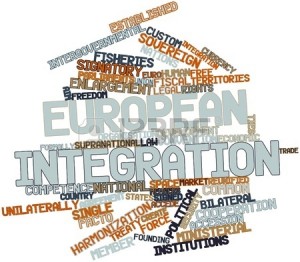
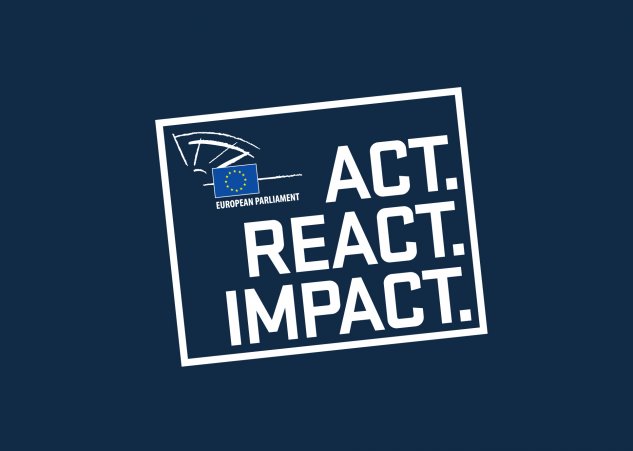
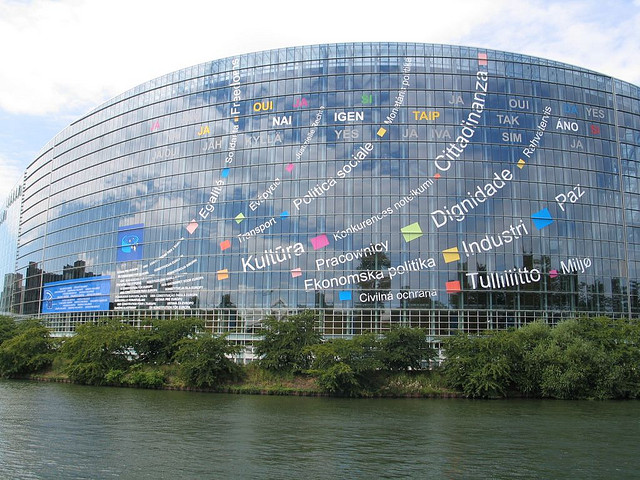
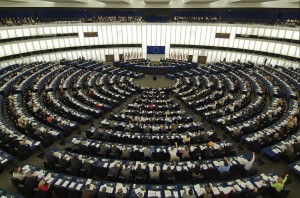
[...] has been over a year since AEGEEDebate was introduced to the AEGEEan. Recently, a very relevant debate was published, in cooperation with Yvote, on the differences between national rules on [...]